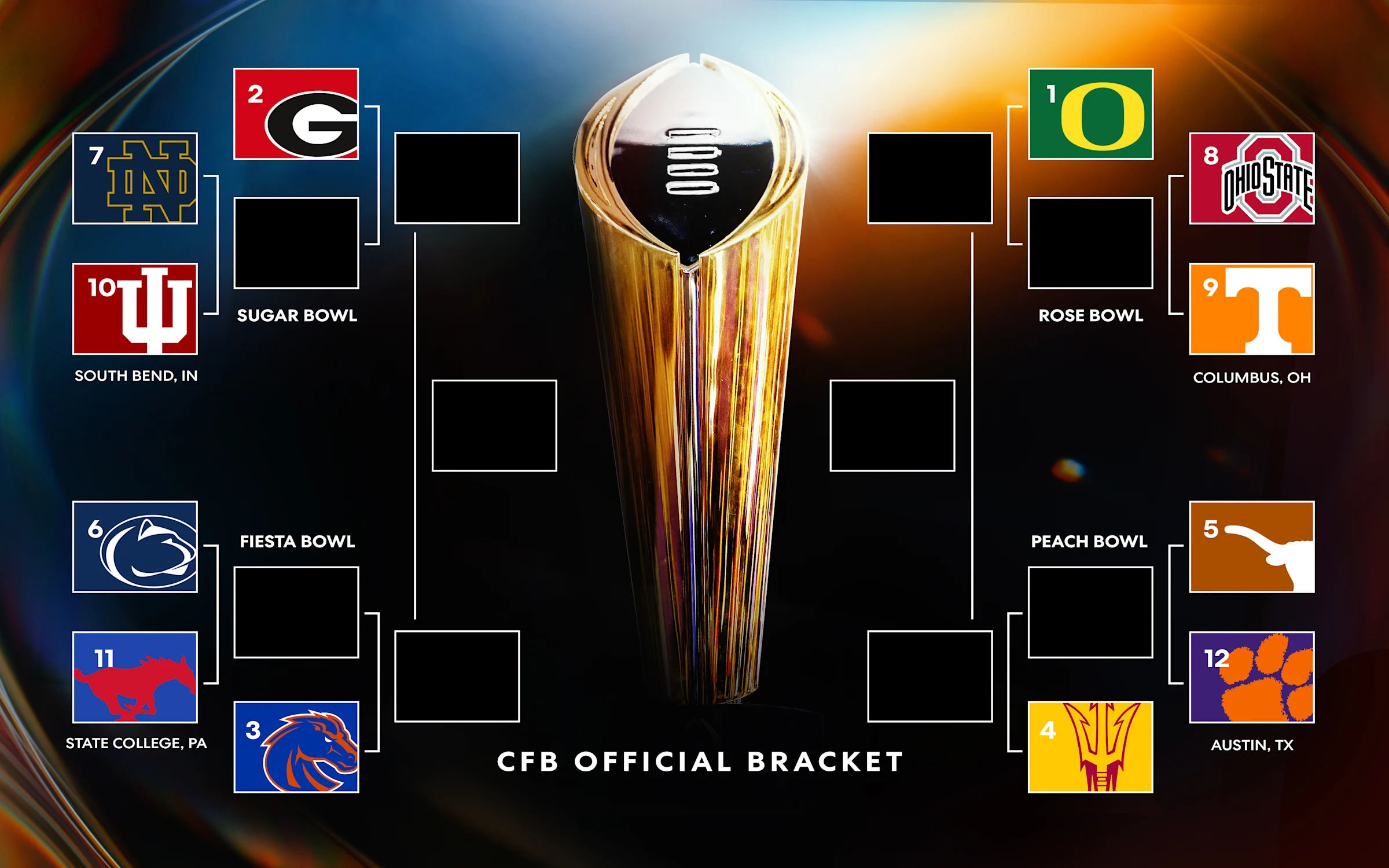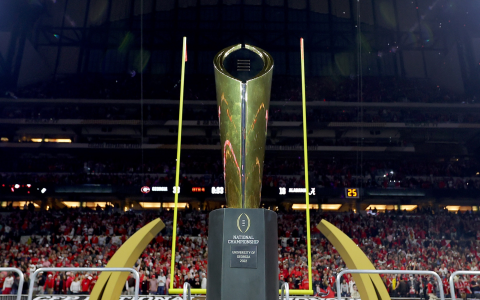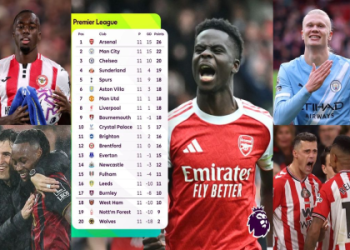# Introduction: The Game-Changer in College Football
Since its announcement, the 12-team college football playoff bracket has ignited debates, hope, and curiosity across every fan base. How will this new postseason format reshape the playoff landscape? Is it fair to underdogs? As college football undergoes this seismic shift, fans and experts scramble for details, strategies, and predictions. Let’s dive deep into how the 12-team bracket works, why it matters, and how you can stay ahead of the game.
# What Is the 12-Team College Football Playoff Bracket?
The 12-team college football playoff bracket is a new expanded postseason structure designed to crown the NCAA Division I FBS national champion. Unveiled in June 2022, this new format will replace the previous four-team playoff system beginning in the 2024 season (Source: ESPN).
With more teams getting a shot at glory, the stakes and excitement are higher than ever. The top four conference champions earn a first-round bye, while seeds 5 through 12 face off in the opening round. This historic change is a direct answer to calls for greater fairness and inclusion in college football.
# LSI Keywords You Need to Know
Before going deeper, let’s clarify some closely related phrases:
– expanded college football playoffs
– college football playoff predictions
– FBS playoff format

– NCAA football postseason
– who makes the college football playoff
These LSI keywords help us truly grasp what fans are searching for around the main topic.
# 12-Team College Football Playoff Bracket: Format Breakdown
The new playoff format isn’t just about adding teams; it completely reshapes postseason dynamics. Here’s how the bracket works:
1. The 6 highest-ranked conference champions receive automatic berths.
2. The next six highest-ranked teams gain at-large bids.
3. The 4 highest-ranked conference champions get a first-round bye.
4. Seeds 5-12 play the first round on campus sites of higher seeds.
5. Quarterfinals and semifinals are held at neutral bowl sites.
Let’s see how this compares to the old 4-team playoff:
| Feature | 4-Team Playoff | 12-Team Playoff |
|---|---|---|
| Teams Involved | 4 | 12 |
| First-Round Byes | No | Yes, 4 teams |
| Automatic Berths | No | 6 conference champions |
| At-Large Bids | All 4 | 6 at-large |
| Home Field Advantage | No | Yes, in Round 1 |
| Games Played | 3 | 11 |
# Step-by-Step Guide: How Does a Team Reach the National Title Game?
Are you wondering how your favorite team can climb the new bracket? Here’s a detailed, stepwise guide:
1. DOMINATE their conference to earn a shot at an automatic berth.
2. WIN enough high-stakes games to secure a top-12 national ranking.
3. ENSURE they are one of the 4 highest-ranked conference champions for a first-round bye (or prepare for a first-round home game).
4. OUTPLAY their first-round or quarterfinal opponent, often on their own turf or a major bowl site.
5. SURVIVE and advance against top-seeded competition to reach the semifinals and, finally, the national title game.
Each step calls for strategic planning, depth, and, sometimes, a little luck.
# Who Benefits Most From the 12-Team College Football Playoff Bracket?
The expanded bracket widens the path for teams outside traditional bluebloods. According to NCAA historical data, at least three Group of Five teams per year since 2014 would have qualified under this system (Source: The Athletic). Programs like Cincinnati and UCF can now dream bigger, and Power Five teams with one or two losses still have hope.
Based on my experience analyzing playoff races, this change introduces new drama. Expect more “Cinderella” runs, electric upsets, and late-season intrigue. It also raises the profile (and budgets) of mid-major conferences who may finally snag the national spotlight.
# Critical Concerns and Common Misconceptions
Before you start filling out your 12-team college football playoff bracket, watch out for these pitfalls and misunderstandings.
ATTENTION: COMMON MISTAKES TO AVOID
– UNDERESTIMATING first-round upsets—homefield advantage matters, but anything can happen in a one-game scenario.
– ASSUMPTION that only Power Five champions will advance. Remember, at least one Group of Five slot is protected.
– FORGETTING that strength of schedule plays a massive role in selection.
– IGNORING injuries and team momentum heading into December, which can make or break a playoff run.
# Real-World Examples: What If the 12-Team Bracket Existed Earlier?
Let’s take a look at recent seasons to see what could have changed. In 2021, teams like Oklahoma State, Baylor, and Notre Dame would have made the playoff—compared to being left out under the old system (Source: ESPN Playoff Predictor).
The impact? More schools get practice on a national stage, while fans from coast to coast gain postseason hope.
# How to Prepare: Your Ultimate 12-Team Bracket Building Checklist
Want to fill out your bracket like an expert this fall? Use this practical checklist for a strategic edge:
– IDENTIFY the 4 highest-ranked conference champions for byes.
– FIND potential homefield winners (seeds 5-8) who have strong records at home.
– EVALUATE teams with hot streaks late in the season.
– EXAMINE key injuries, especially to quarterbacks and defensive standouts.
– CHECK for possible underdog stories among Group of Five teams.
– REVIEW historical bowl performances by all playoff contenders.
– TRACK coaching changes or controversies that could disrupt momentum.
– PREDICT possible tough matchups in the quarterfinals and beyond.
# Conclusion: Why the 12-Team Bracket Will Change College Football Forever
The 12-team college football playoff bracket is more than just a new way to crown a champion—it marks a revolution in opportunity, strategy, and unpredictability. As we gear up for this new era, knowledge is your ultimate advantage. Stay informed, use data, and get ready for a postseason brimming with drama and hope.
Whether you’re a die-hard fan, casual observer, or fantasy football nut, now is the time to master the art of the 12-team bracket. Because one thing’s for sure: College football Saturdays (and playoff weekends) will never be the same!



















